Beginner’s Guide to Programming: From Zero to Hero
Introduction
Programming is an exciting journey that empowers you to create technology, solve problems and interact with technology in new ways. If you are a beginner taking steps into the programming world, this article is your ultimate guide to beginning your journey. We’ll cover basic concepts, essential tools, and tips so you can become a confident programmer.
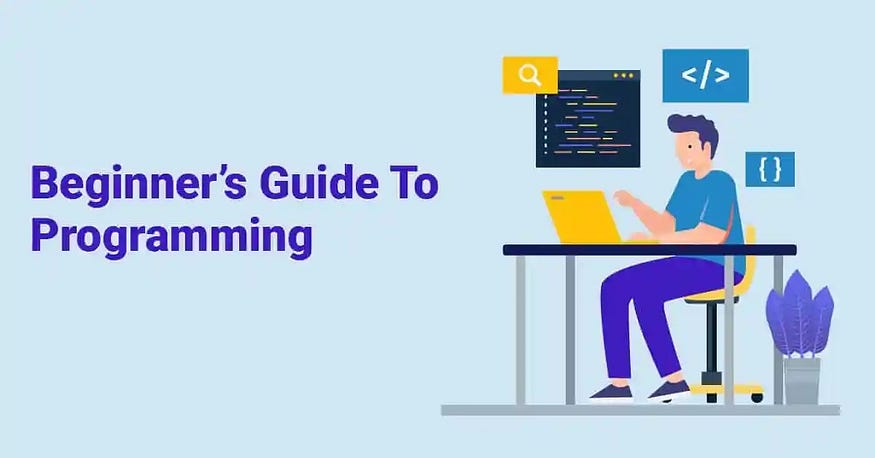
Functional Logic:
Programming is the process of teaching a computer to perform tasks. Computers don’t understand human language, so we use programming languages like Python, Java, and JavaScript to communicate with them. These languages have their own syntax and rules that you will need to know.
Get started:
Choose a beginner-friendly programming language: Python is highly recommended for its readability and versatility. Install Python.
Set up a development environment: You will need a code editor or integrated development environment (IDE) to write and run your code. Visual Studio Code and PyCharm are popular choices.
Key concepts:
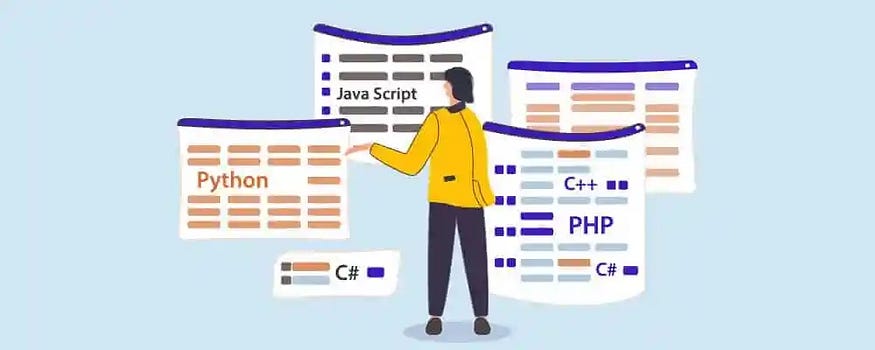
Variables: Learn how to store and manipulate variables. They can hold numbers, text, and more.
Data Types: Understand basic data types such as integers, floats, strings, and booleans.
Professionals: Identify the professionals involved in auditing, comparing, and logical processing.
Control Structures:
Conditional statements: Learn about if, else, and elif statements to make decisions in your code.
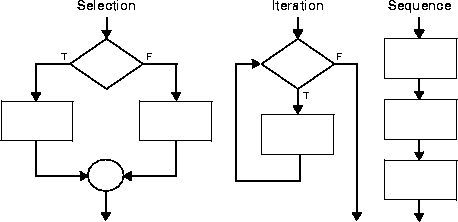
Loops: Understand for and while loops to repeat tasks efficiently.
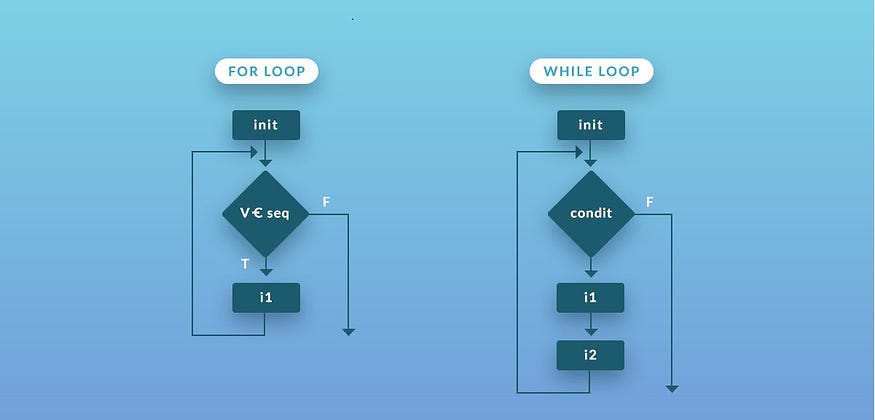
Activities:
Functions allow you to break down your code into reusable chunks. Learn to define and call functions.
Debugging and Troubleshooting:
Even for experienced programmers, mistakes are inevitable. Learn to use debugging tools and techniques to identify and troubleshoot problems with your code.
Problem-solving is an important skill. Break big problems down into smaller steps and tackle them one at a time.
Resources:
Online courses: Platforms like Codecademy, freeCodeCamp, and Coursera offer interactive programming courses.
Documentation: Official documentation of programming languages is a valuable resource.
Online communities: Websites like Stack Overflow are great for questions and learning from others.
Practice:
The more you code, the better you get. Start with small projects and gradually move to more complex projects.
Collaborate on open-source projects or with friends to gain real-world experience.
Vision control:
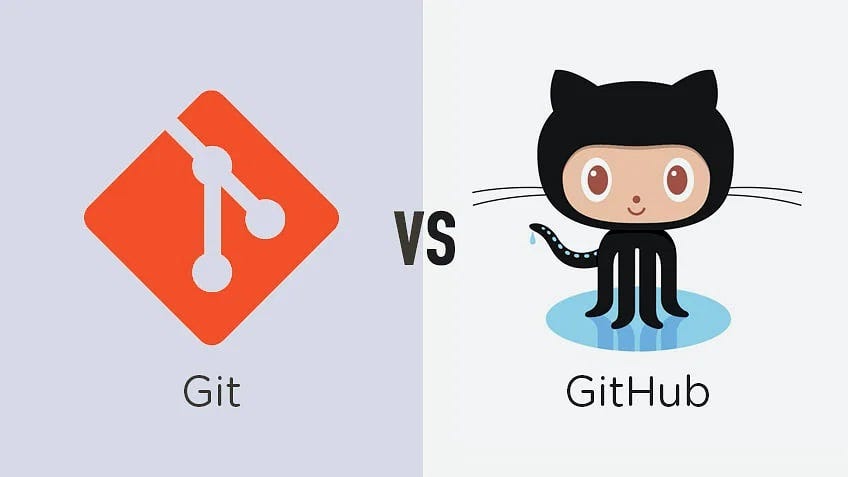
Learn about Git and other version control systems. They help you track changes in your code, collaborate with others, and revert to previous versions if necessary.
Building Simple Projects:
Apply your skills by creating small projects like a to-do list app, a calculator, or a basic website.
These tasks will help sharpen your understanding and boost your confidence.
Comments
Post a Comment